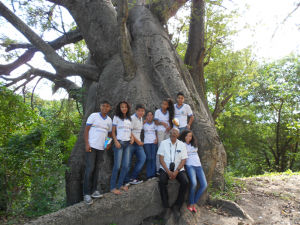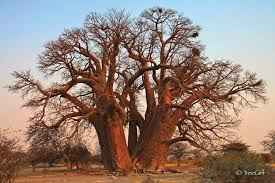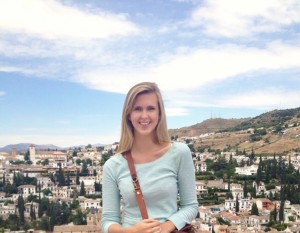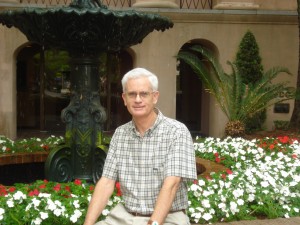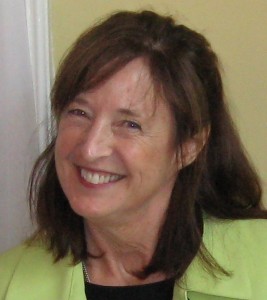What have you been doing since you graduated?
Since I graduated from CofC I have been living in Washington DC and attending graduate school at George Washington University. I will be graduating with my Master of Arts in Sociology in May, and I can’t wait to move back to Charleston to open a cat café called Ponce Cat Café!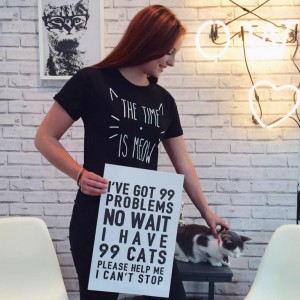
How did you decide to open a cat café?
I was inspired to bring a cat café to Charleston after working at one in DC for the past 8 months. It was the best job I have EVER had, but I didn’t want to stay in DC after graduation. So I thought that I should just start my own! From there I started brainstorming with a few people in Charleston, and everyone thought it would be a huge hit. And now here we are! Not to mention I’ve ALWAYS been a huge fan of cats.
What will the menu be like?
As of now our menu will consist of local coffee and tea, beer from a local brewery (the deal isn’t finalized yet so I can’t say who…but they are making us a house brew called Hoppy Cat!), and various types of wine. We will also have baked goods that will be delivered fresh every morning from a local bakery…so think croissants, muffins, cookies, cakes, and other yummy treats.
Where will Pounce Cat Café be located?
We haven’t found a space just yet, but we will likely be in the Elliotborough/Cannonborough neighborhood. We are super interested in a few places around Spring and Bogard Streets.
When is the grand opening planned for?
The grand opening is planned for Monday, August 8- which also just so happens to be World Cat Day!
Can the cats be adopted?
Yes! We just recently confirmed our partnership with Charleston Animal Society! We are so excited to be working with them, and they will be providing us with 15-20 cats AND kittens at any given time.
What has been the most challenging part of this experience?
So far the most challenging part has definitely been getting people on board with the concept. Many people either don’t know what a cat café is or they think the concept is completely gross. So it takes a while for people to come around to the idea of paying money to drink coffee next to adorable and adoptable cats.
What has been the most rewarding part of this experience?
The most rewarding part so far has just been knowing that I am going to be starting a business that not only helps animals in need but also benefits the community as a whole. Cat cafés help shelter cats get out of cages and into their furrever homes, but they also act as great places for people who can’t have pets in their apartment buildings, dorms, etc. to get some fuzzy therapy. 🙂
Can the community help in any way?
We just recently launched a Kickstarter campaign to help fund the initial stages of opening the cafe, and we only have two weeks to go! If we don’t raise enough money to reach our goal by the end of the month, we lose all $7,000+ we have raised so far. We can’t do it without the help of everyone in the Charleston community, so if you’d like to see a cat café come to Charleston (or if you’d like to support a female entrepreneur and recent CofC grad!), please consider donating to our Kickstarter campaign! Every dollar helps make this dream a reality. Thank you!!
https://www.kickstarter.com/projects/1447884799/pounce-cat-cafe-wine-bar-the-souths-first-cat-cafe


